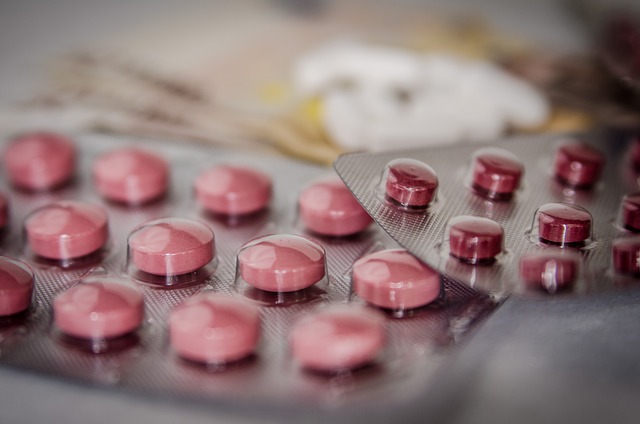Nutrition Plans for High-Performance Athletes: Fueling Success
This article discusses the importance of nutrition in sports performance and gives an overview of what a nutrition plan might look like for a high-performance athlete. The right nutrition plays a crucial role in an athlete's performance, recovery, and overall health. High-performance athletes require a diet tailored to their intense training needs. But what does an effective nutrition plan look like for such athletes? Read below to find out.

The Importance of Nutrition in Sports Performance
A well-balanced nutrition plan is essential for athletes to perform at their peak. It provides the energy needed for training and competition, aids in recovery, and helps prevent injuries. Moreover, proper nutrition can enhance concentration and stamina, making it a vital component of an athlete’s success.
Components of a High-Performance Athlete’s Diet
Athletes need a balanced diet rich in carbohydrates, proteins, and fats. Carbohydrates are the primary energy source during high-intensity workouts, proteins aid in muscle repair and growth, and fats are essential for long-term energy and hormone production. Additionally, athletes need ample hydration and a variety of vitamins and minerals.
Timing of Meals and Snacks
The timing of meals and snacks can significantly impact an athlete’s performance. Pre-workout meals should be rich in carbohydrates and moderate in protein, while post-workout meals should have a higher protein content for muscle recovery. Regular snacks can help maintain energy levels throughout the day.
Customizing Nutrition Plans
Every athlete is unique, and so are their nutritional needs. Factors like gender, age, body composition, training intensity, and sport type can influence dietary requirements. Therefore, a customized nutrition plan, preferably developed with a registered dietitian, can optimize an athlete’s performance.
Useful Tips and Facts: - Consuming a carbohydrate-rich snack or meal about two to three hours before a workout can enhance energy levels. - Protein ingestion immediately after a workout can promote muscle repair and growth. - Hydration is essential. Athletes should drink fluids before, during, and after exercise. - Athletes should aim to consume a variety of foods to ensure they get all the necessary vitamins and minerals. - Supplements can be beneficial, but they should never replace a balanced diet.
Conclusion:
Nutrition is a fundamental aspect of sports performance. It’s not just about what athletes eat, but also when and how much they consume. With the right nutrition plan, high-performance athletes can enhance their training, improve recovery, and optimize their performance. Remember, a personalized approach, considering an athlete’s individual needs and sport-specific demands, is the most effective way to fuel athletic success.




